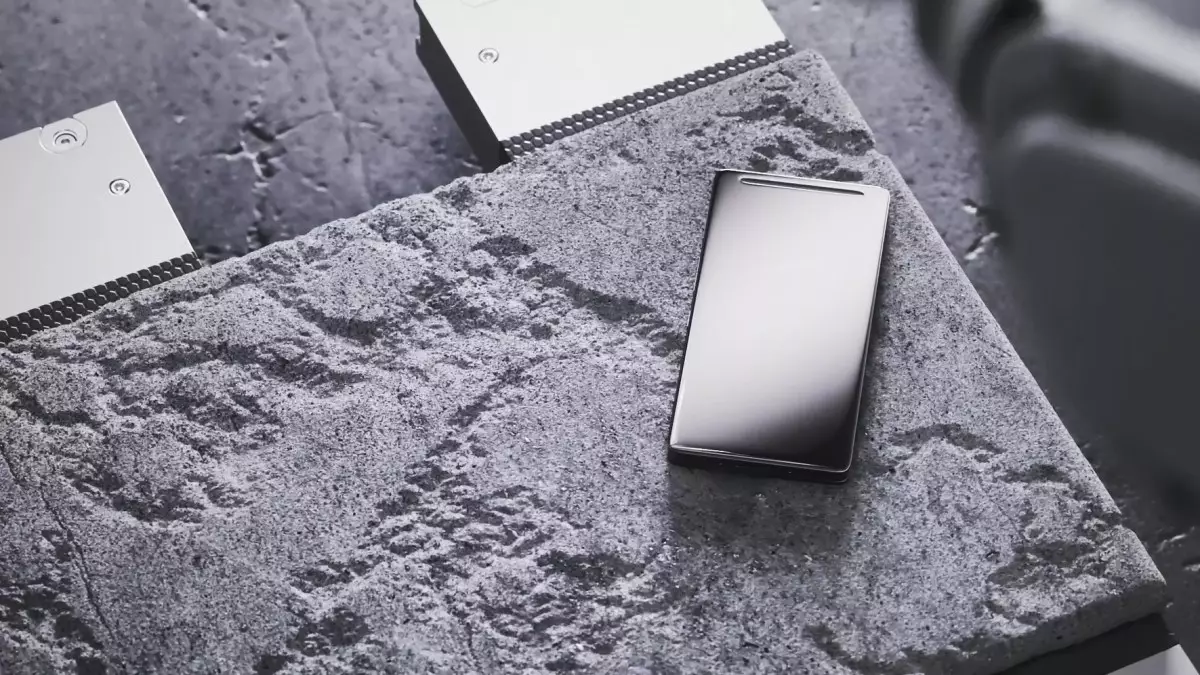This month, the European Union (EU) initiated a competition investigation into Corning, a prominent American manufacturer best known for its Gorilla Glass used in a myriad of electronic devices, including Apple’s iconic iPhone. The investigation is focused on allegations of exclusive dealing practices that could undermine competition in the glass supply market, raising concerns over potential monopolistic behavior. In light of this scrutiny, Corning has proactively committed to amending its contract clauses in a bid to appease regulatory bodies and avert further escalation of the investigation.
The ramifications of confirmed competition rule violations can be severe, with penalties potentially reaching up to 10% of a company’s global annual turnover. This underscores the gravity of situations where companies may be found in breach of competition regulations. By recognizing the importance of compliance, Corning has taken significant steps to modify its agreements, hoping that these changes will placate both the EU and industry stakeholders.
Industry Feedback and Legal Implications
As the EU evaluates Corning’s proposed changes, the Commission is actively soliciting input from industry players over a span of six weeks. This process not only reflects the collaborative spirit of regulation but also gives stakeholders an opportunity to voice concerns about the ramifications of Corning’s practices on the market. If the EU accepts Corning’s modifications, these commitments will become legally binding for a period of nine years, with a trustee overseeing their enforcement. It’s a clear signal that regulatory bodies are serious about maintaining competitive markets and will hold companies accountable for their actions.
Among the notable changes proposed by Corning is the waiver of exclusivity clauses in all existing agreements concerning Alkali-aluminosilicate glass (Alkali-AS Glass), which is vital for mobile device displays. This pivotal step would enhance the flexibility of original equipment manufacturers (OEMs) to source materials from multiple suppliers, thereby promoting a competitive landscape rather than restricting them to a single supplier. Furthermore, Corning has pledged not to impose minimum purchasing requirements or price advantages contingent upon exclusive sourcing, thus eliminating practices that could distort market dynamics.
Corning’s commitment extends globally, promising not to require any OEM to purchase a defined quantity of Alkali-AS glass solely from Corning. This indicates a committed effort to constructing an equitable trading environment where OEMs can freely choose the best suppliers based on quality and price without undue pressure from major suppliers like Corning.
In recognition of third-party companies that process raw glass, Corning’s proposal includes making it clear that finishers are not beholden to any excessive purchasing commitments. Specifically, they will not be required to obtain more than 50% of their combined demand for sodium aluminosilicate glass, lithium aluminosilicate glass, or clear glass ceramics from Corning, ensuring that finishers can procure materials based on their operational needs rather than being bound to a specific supplier.
This flexibility fosters a competitive atmosphere not only for OEMs but also for finishers who play a crucial role in the supply chain. It empowers them to seek the most cost-effective solutions in a rapidly advancing technology market while ensuring they maintain quality standards.
Corning’s proposals also address the enforcement of patents related to break-resistant glass. The company has committed to base any patent infringement claims strictly on allegations of infringement, devoid of contractual breaches. This move aims to disentangle patent enforcement from contractual obligations, further affording businesses an environment where they can innovate with less fear of potential legal repercussions stemming from misunderstandings.
Additionally, Corning has pledged to maintain open communication with OEMs and finishers regarding these changes, highlighting its dedication to transparency and collaboration in adapting to the evolving regulatory landscape.
Corning’s proactive approach to address the EU’s competition concerns demonstrates the company’s recognition of the delicate balance between fostering innovation and adhering to competition laws. The proposals, if enacted, can significantly reshape the competitive landscape in the glass supply industry, promoting opportunities for both OEMs and finishers alike. Ultimately, the outcome of the EU’s investigation and the industry feedback will play a crucial role in determining how this narrative unfolds in the global market.

